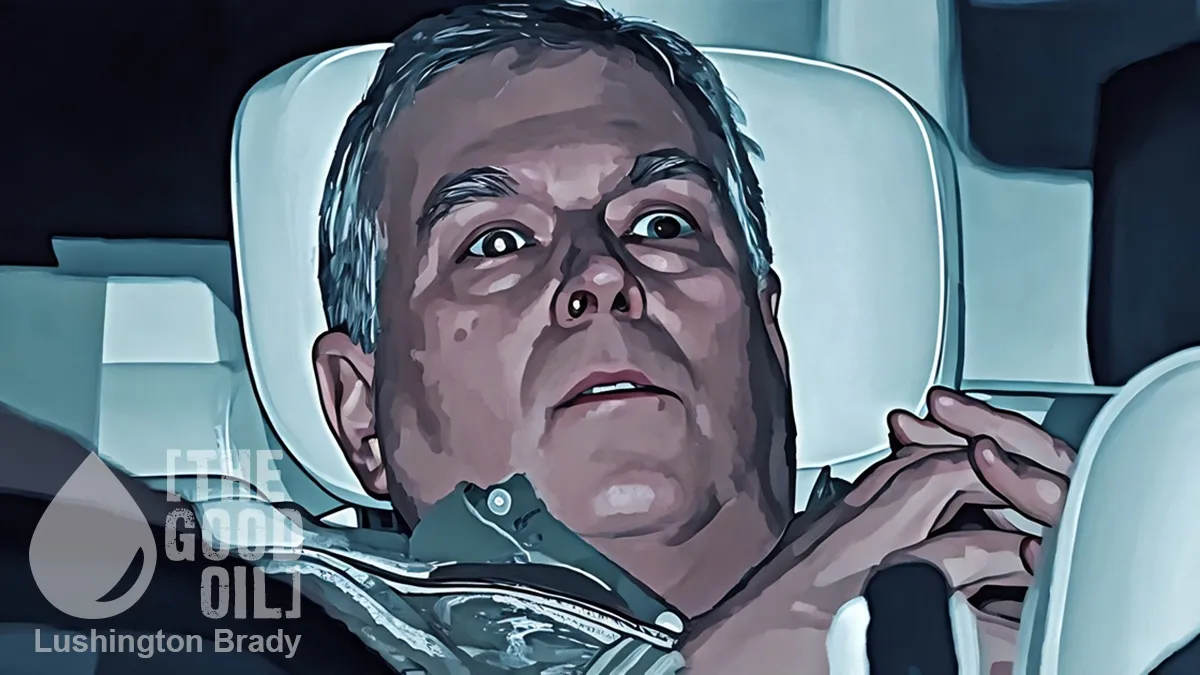Table of Contents
Michael Cook
mercatornet.com
Every once in a while, a bioethics article appears which is so powerful an indictment of injustice that it sends shivers up the spines of its readers. In 1949 Leo Alexander published “Medical Science under Dictatorship” in the New England Journal of Medicine, about the atrocities committed by Nazi doctors. In 1966 Henry K. Beecher published “Ethics and Clinical Research”, also in the NEJM, whose bland title belied its searing message about ethical catastrophes in contemporary American medicine.
“Euthanasia in Belgium: Shortcomings of the Law and Its Application and of the Monitoring of Practice”, just published in the The Journal of Medicine and Philosophy, may not be as sensational as these landmark articles, but it gives them a run for their money.
Since 2002 euthanasia laws in Belgium and the Netherlands have been models for legal reform elsewhere. Canada has followed them. Portugal is about to. Spain is moving in the same direction. In Belgium euthanasia accounts for an estimated 2.4 percent of all deaths, and much more in Flanders, the Dutch-speaking section of the country.
Yet the authors of the JMP article basically argue that Belgian euthanasia is broken ethically, administratively and legally. Its scope is ever-widening and the safeguards are failing. The commission in charge of overseeing doctors’ compliance with the law is ineffective or even complicit in a pro-euthanasia agenda. To document its stunning claims, it draws not on newspaper scandals but on thoroughly researched academic research over the past 20 years and the reports of the control commission itself.
The authors, Kasper Raus, Bert Vanderhaegen, and Sigrid Sterckx, are all associated with Ghent University. It should be stressed that Kasper Raus and Sigrid Sterckx do not oppose euthanasia as a theoretical possibility. But, to their dismay, they feel that the Belgian model is broken. They make three main assertions.
“First, the scope of the Euthanasia Law has been stretched from being used for serious and incurable illnesses to being used to cover tiredness of life.” Under the 2002 Belgian law, euthanasia for “tiredness of life” is not permitted. But doctors can circumvent the law by diagnosing “polypathology”– a jumble of ailments which nearly every elderly person has – and this will be deemed sufficient for euthanasia. “Polypathology” was the reason cited in 19.4 percent of all reported euthanasia cases in 2019 and a “staggering” 47 percent of all reported nonterminal cases.
“Second, the obligatory consultation of one or two independent physicians may fail to provide a real safeguard. Their tasks are quite limited, and, more importantly, their advice is not binding anyway. The final authority to perform euthanasia lies with the attending physician who can perform it even against the (negative) advice of the consulted physicians.”
Here is one example of how the system can be gamed. If euthanasia is requested for a psychiatric condition, a psychiatrist needs to be consulted. However, if the patient has another condition, the diagnosis can be redefined as “polypathology” and a GP can approve it, eliminating the need for a psychiatric consultation.
Third, “The Commission is unable to check the fulfilment of various legal criteria, and it has substantial authority to (re) interpret the Euthanasia Law as it sees fit.” In fact, “the Commission does not seem to act as a filter between physicians who perform euthanasia and the Public Prosecutor, but instead as a shield that prevents potentially problematic cases from being referred.”
Conflict of interest is baked into the composition of the 16-member evaluation committee. Eight of them must be doctors and many of them, including the chairman, Wim Distelmans, perform euthanasia regularly. So they end up checking each other’s files for irregularities. They are supposed to recuse themselves if one of their own cases comes up – but they don’t.
Nothing illustrates the ineffectiveness — or connivance — of the Commission better than its track record. In the 18 years since legalisation, it has only referred one case to the Public Prosecutor. And this case had been filmed by an Australian broadcaster and was so obviously in breach of the law that referral was needed to keep up appearances. The doctor was acquitted.
Furthermore, research suggests that as many as one in three cases of euthanasia in Flanders are never reported – making the statistics almost meaningless.
The Commission consistently defends the smooth operation of the law, asserting that despite glitches here and there regarding “non-essential’ features, the “essential conditions” are being upheld. But the authors point that there is no legal ground for this distinction. The Commission is arrogating to itself legislative powers which it does not have.
Policy-makers and politicians in Belgium ought to be horrified by the abysmal working of their country’s euthanasia law documented by these academics. But the authors are not optimistic. They conclude by saying that whether anyone will take them seriously remains to be seen.
Amazingly, none of this is news in Belgium. Euthanasia has become so normalised that its critics tend to be regarded as the eccentrics, not the practitioners. So Wim Distelmans has little trouble in batting away condemnation.
A TV station last year gave one of the authors of the JMP article, Sigrid Sterckx, a platform to air her complaints. Distelmans’s response in an op-ed reveals a lot about the smugness of the “euthanasia establishment” in Belgium.
“This does not happen lightly … doctors do a thorough self-check beforehand … When the Committee finds an error, it is almost always a procedural error, such as forgetting to enter the date of death … If, according to the doctor(s) involved in the euthanasia, the conditions are met and this has been confirmed in the registration document, the Commission has confidence in this.”
Belgian doctors are killing thousands of their patients every year and only one of them has ever been referred for prosecution and no one has ever been convicted. Does this sound fishy to Dr Distelmans? Not at all. “There is a huge taboo among doctors about ‘helping someone with their wish to die’. So it is never an ill-considered decision.”
Never? That’s right, never. The catchphrase “Trust me, I’m a doctor” has never sounded more paternalistic and more sinister.
Please share this article so that others can discover The BFD.








